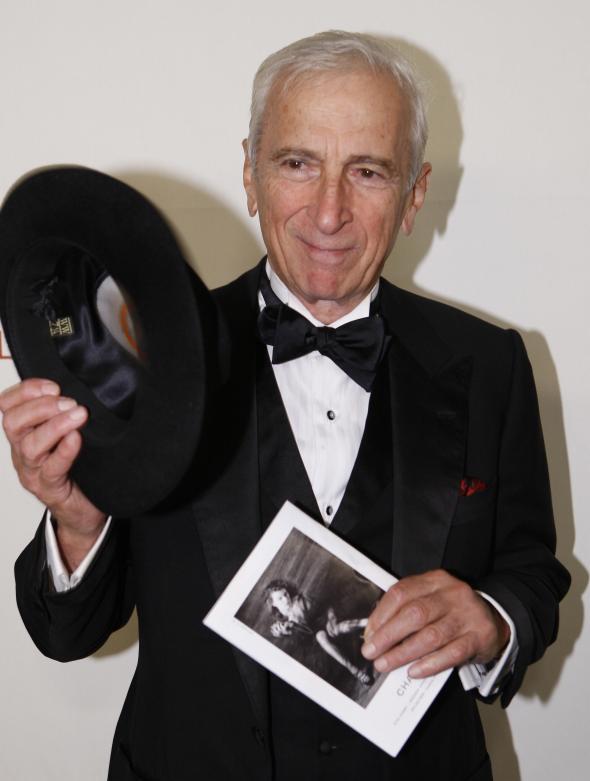The mad story of Colorado motel owner Gerald Foos, who spent decades spying on and meticulously taking notes on his guests through holes cut in the motel ceiling, was always an unbelievable tale. That’s why it caught the attention of acclaimed journalist Gay Talese, who parlayed the fantastical story into a book, “The Voyeur’s Motel;” that’s also why the New Yorker ran a lengthy excerpt of the book in April ahead of its release next month; and it’s certainly why Steven Spielberg gobbled up the movie rights. The only problem with this too good to be true tale? It wasn’t.
On Thursday, when confronted by the Washington Post’s Paul Farhi about discrepancies between the book and public records, specifically an unacknowledged eight-year period where records show Foos didn’t even own the motel, Talese conceded he had been had—and disavowed the book.
From the Post:
“The source of my book, Gerald Foos, is certifiably unreliable,” Talese said. “He’s a dishonorable man, totally dishonorable. . . . I know that. . . . I did the best I could on this book, but maybe it wasn’t good enough.” … “I should not have believed a word he said,” the 84-year-old author said …. “I’m not going to promote this book,” the writer said. “How dare I promote it when its credibility is down the toilet?”
The ethics of how Talese got and told the story generated almost instant criticism. (Slate’s Isaac Chotiner recounts Talese’s missteps here.) The story itself had credibility issues from the get go that Talese didn’t seem particularly interested in addressing, but by the end you get the sense Talese, a journalist innovator and icon, could feel the floor crumbling beneath his feet. He even notes there are discrepancies in Foos’ story and goes so far as to say so in the book. “I cannot vouch for every detail that he recounts in his manuscript,” Talese wrote.
The real question for Talese at this point is: How hard did he try to vouch for the story he was telling? How about his publisher? Or the New Yorker? “I can swear to this, and I can say this unequivocally and without recourse, that I have never purposely told a lie,” Foos* told the Post. “Everything I said in that book is the truth.” Except when it’s not.
*Correction, July 1, 2016: This post originally misattributed a statement by Gerald Foos to Gay Talese.
